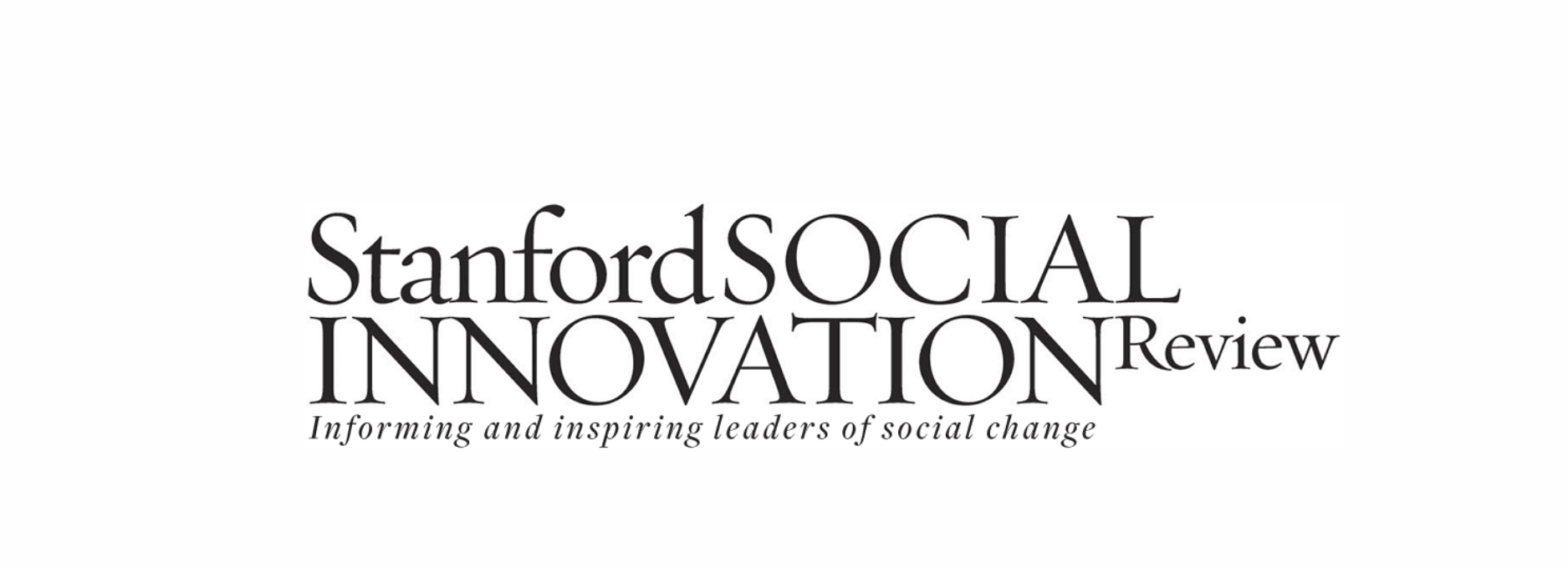Published in Stanford Social Innovation Review.
What would it take to create a comprehensive tool kit so that anyone interested in addressing social problems could devise a solution? This question sparked the inception of RebelBase, project-building software that offers a nontraditional path to social entrepreneurship.
Alejandro Crawford and Tuba Erbil launched RebelBase in 2020. Crawford, who serves as CEO, comes from a background in education and Erbil, as COO, in chemical engineering. “The reason we made RebelBase was that social entrepreneuring isn’t a sophisticated tool you learn in year two of your MBA program; instead, it’s simply the opportunity to do it and to do it with the structure and the network to support you,” Crawford says.
A set of modules called project builders assist the software’s users—known as “rebels”— through ideation, solution discovery, validation and prototyping, financials, pitching, feedback, and attracting investors. Crawford calls it an experiential learning system, where you arrange the project builders in an order that is date-based or sequence-based and receive constructive criticism from other RebelBase community members.
“We spend a lot of time at the problem, where right off the bat we ask what’s backwards and what doesn’t work. Rebels go through a systems map, identify pain points, and then do competitive landscape,” says Eliza Edge, RebelBase director of content and communications.
This stepwise, guided approach has garnered a global user base, including SPINteams, an entrepreneur-training project; RiseBoro Community Partnership in Brooklyn, New York; and Open Society University Network, a global network of educational institutions.
Organizations subscribe to RebelBase to make the plat- form available to their members. RebelBase does have a free version, which provides access to five project builders and can be used by anyone without an affiliation to subscribing organizations. Subscriptions are tiered—starting at $9,500/year and upward of $48,000/year—by number of users and additional features. Customized pricing is available for large-scale users.
“Whether it’s environmental, gender, education—any kind of project—you can apply it on RebelBase. Whether you are an expert in entrepreneurship or a beginner, it educates you,” says Dalia Najjar, co-instructor of the social entrepreneurship program at Al-Quds Bard College Palestine (AQB). She has worked on the platform during the past two years in the roles of user, teacher, and trainer.
“It is giving access to entrepreneurs all over the world who don’t really have access. You can introduce investors and funders to this platform when your project is ready or grant access to team members for a specific role and build a team,” she adds.
One of the platform’s success stories belongs to AQB student Ahmad Hijawi, who created CleanPalCo, a project to address the problem of pollution and lack of building supplies in Palestine by using discarded rubber tires, stone waste, and water to make products such as bricks, tiles, and rubber flooring. The project, built on RebelBase, won Best Student Company 2021 at Arab regional competition INJAZ (meaning “achievement” in Arabic) and was nominated to compete on a global level, attracting investors and seed money to start a company.
“RebelBase is widely applicable beyond traditional education—its iterative collaborative approach means that it can be used for all kinds of learning projects,” says Barclay Palmer, a RebelBase investor and user.
The company is also approaching small institutional investors and grantors for funding. The minimum viable product was built using sweat equity. When RebelBase launched commercially, the first $50,000 investment was from a relative who had collaborated with Crawford on educational and workforce publications. Additional software development was funded through convertible debt from investors like Palmer, sweat equity formalized through a stock option plan, and early revenues.
RebelBase recently submitted a million-dollar proposal as part of future growth plans, developed by a social entrepreneurship working group convened by the Open Society University Network, in collaboration with members of the Talloires Network of Engaged Universities. Within five years, RebelBase aims to serve more than 1,500 organizations.
“A lot of education is very top-down, and that’s a bit misleading, because in the world of business, investing, and entrepreneur- ship, there are different ways of going about it,” says Palmer, who refers to RebelBase as a For Dummies franchise for the digital age. “RebelBase captures that in a way that’s nonthreatening, collaborative, and team-spirit oriented. It’s sort of a culture, not just a bunch of instructions


